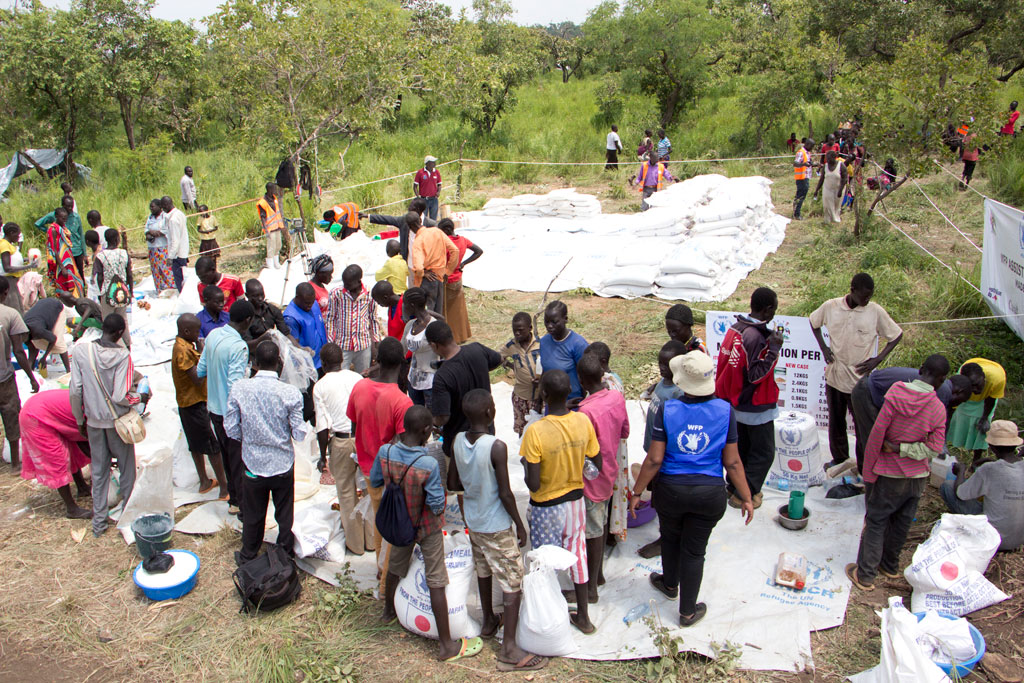Over one hundred and thirty-seven humanitarian organizations are appealing for US$1.6 billion to provide life-saving assistance and protection to 5.8 million people across South Sudan in 2017.
The aid organizations include 62 national Non-Governmental Organizations (NGOs) -a 55 per cent increase from 2016-, 63 international NGOs and 12 United Nations agencies including the UN refugee agency (UNHCR), which says it needs about US$782 million to handle the South Sudan internal and external refugee crisis.
“The humanitarian situation in South Sudan has deteriorated dramatically due to the devastating combination of conflict, economic decline and climatic shocks,” Mr. Eugene Owusu, the Humanitarian Coordinator for South Sudan, said, adding: “In 2017, we are facing unprecedented needs, in an unprecedented number of locations, and these needs will increase during the upcoming lean season.”
Humanitarian organizations estimate that some 7.5 million people across South Sudan are now in need of humanitarian assistance and protection. Since the conflict in South Sudan began in December 2013, about 3.4 million people have been forced to flee their homes, including nearly 1.9 million people who have been internally displaced and about 1.5 million who have fled as refugees to neighbouring countries.
Horrendous atrocities have been reported, including widespread sexual violence. Food insecurity and malnutrition have skyrocketed, and the risk of famine is significant for thousands of people in conflict-affected communities and food deficit areas if early actions are not taken.
“With needs rising rapidly, we have rigorously prioritized the 2017 Humanitarian Response Plan to target those who most urgently require assistance and protection,” said Mr. Owusu. “It is imperative that this appeal is funded early, and funded fully, so that the aid workers deployed across South Sudan can respond robustly and rapidly.”
In South Sudan, humanitarian organizations use the window of opportunity provided by the dry season to deliver supplies by road. When the rains set in – usually in May – most roads become impassable and supplies must be delivered by air, multiplying the cost of the humanitarian operation, which is one of the largest and most complex in the world. Swift action during the dry season is therefore imperative.
“In 2016, we reached more than 5 million people, but the crisis deepened and spread as conflict continued. In 2017, we are determined to reach more people but we urgently need the funding to do so,” said Mr. Owusu.
He added: “I appeal to the international community, which has given so generously to this young country, to support us now. If we fail to act swiftly, lives may be lost.”







